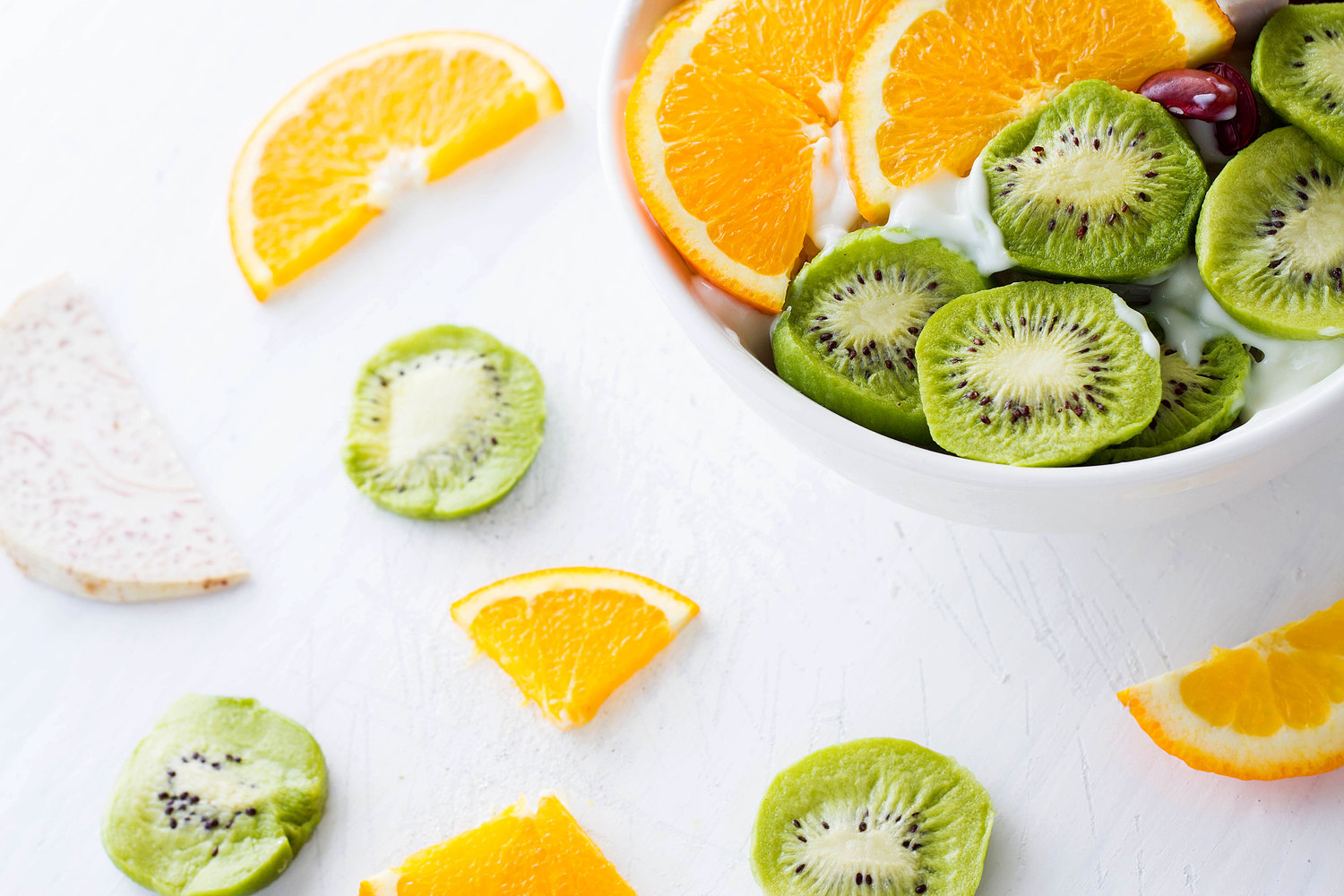
Top foods that trigger eczema
Eczema is referred to as a group of conditions that affect the skin. The skin feels itchy and rough and blisters appear on it; it also becomes red and swollen. Atopic dermatitis is the most common type that affects both children and adults. It can affect any part of the body. While children grow out of it, many adults have to live with it and learn to manage the symptoms all their lives. Heredity, environment factors, allergens are the main causes of atopic dermatitis. Those affected by atopic dermatitis have a risk of developing asthma and hay fever. There is no cure for eczema as yet, and the goal of treatment is to control and manage the symptoms. Typical treatment would include some antifungal, anti-inflammatory medication, moisturizing creams. Changes in eating habits and avoiding food that could potentially trigger eczema and including those foods are beneficial are key for managing eczema.
1. The relation between food and eczema
Many are intolerant to some food items where their body is not able to digest some food resulting in stomach, pain, and gas or bloating. For those with food allergies, once they eat a particular food item, the body triggers an immune system, which affects their organs and leads to many symptoms, some of which could be life-threatening. About 30% of people with eczema have food allergies; hence, it is important that they know what they are allergic to and must avoid eating them.
Not all food allergies and eczema are related. If a person has a food allergy and they eat the food they are allergic to, there could be no rash. Infants and people with severe eczema are at higher risk of rash flare-ups if they eat something that they are allergic to.
2. Food that triggers eczema
The most common food items that cause food allergies are mentioned herein and cannot be included in any snacks for those suffering from eczema.
- Eggs
A protein in egg whites and yolks is the cause of allergies. Breastfeeding infants who have allergies can have rashes if the mother consumes an egg. - Milk
The proteins Casein in the solid part of curdled milk and whey protein in the liquid part of curdled milk can cause allergies. - Wheat
The proteins albumin, globulin, gliadin, and gluten cause allergies - Soy
A delayed food allergy condition called food protein-induced enterocolitis syndrome is responsible for allergies in soy and must be avoided. - Tree nuts
Hard-shelled nuts like Brazil nuts, cashews, chestnuts, filberts/hazelnuts, macadamia nuts, pecans, pistachios, shea nuts, and walnuts cannot be added in any snacks for eczema patients. - Fish
A few proteins in both shellfish and non-shell fish can cause allergies. - Peanuts
Both direct contact with the skin of the peanut and eating any snacks that contain peanuts can become problematic for those suffering from eczema. - Fruits
Grapes, Kiwi, Oranges, and strawberries are fruits that must be avoided.
Apart from these, foods high in sugar, carbonated beverages, and snacks with preservatives and synthetic colors cold are triggers for eczema. Food which is high in salicylates which increase itching, e.g., tomatoes, should also be avoided during a flare-up. Margarine could make eczema spread faster and cannot be included in any snacks for eczema.
Both children and adults who have allergies and are prone to eczema should consult with an allergist, do an allergy test, understand what all they are allergic to, and plan their meals accordingly. They should go through the components of packed foods before eating so that they do not aggravate their eczema.


